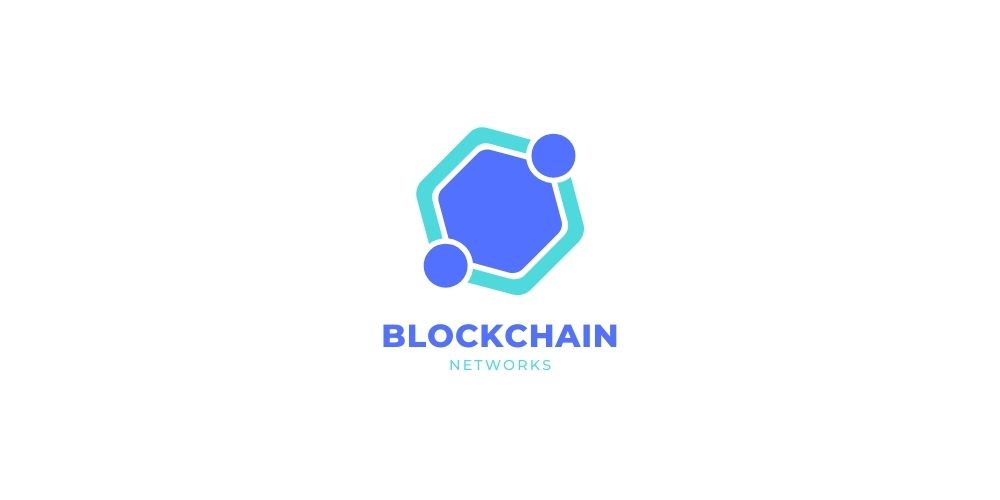How Is Blockchain Converting The Fintech industry?
Although Blockchain is commonly associated with cryptocurrencies, the technology has a much broader application. Under the Ministry of Electronics and Information Technology, the government-funded Centre for Excellence in Blockchain Technology aspires to harness Fintech for everyday use.
The Digidhan portal, designed for the “accurate reporting, monitoring, and analysis of all forms of digital financial transactions” in India, is an exciting avenue where the government is leveraging blockchain technology. Because this new technology has such a steep learning curve, the government established a Centre for Excellence in Blockchain Technology under the Ministry of Electronics and Information Technology. This demonstrates that the government embraces innovation, is unafraid to experiment, and provides a platform for cutting-edge technology.
Also, read – Electric Capital Launches $110 Million Fund Focused on Crypto networks and Blockchain Businesses
How will Blockchain change business and the economy?
“Blockchain technology will increase about 40 million jobs globally and add $1.76 trillion to the global economy by 2030,” according to PricewaterhouseCoopers (PwC), one of the Big Four accounting firms. It’s easy to assume that embracing Blockchain has a lot of promise, primarily if you work in the financial industry, where every transaction requires complete secrecy and security. In fact, according to the PwC analysis, the most common uses of Blockchain in India are for money transfer, digital identification, and payments infrastructure, all of which have attracted the attention of various banking and financial organizations, including fintech firms.
Over 500 blockchains are currently active in India’s financial services companies. Web 3.0, which Indians are cautiously embracing, has the potential to transform the webverse completely. It won’t be easy to get into Web 3.0 since it will rely on Blockchain, which will make the banking system more centralized. Blockchain will be able to lower the danger of financial transaction fraud, giving individuals a greater sense of security.
RevenueCoin $RVC Building the Future Economy!
✅CEO @jarobialek on creating synergies within the Revenue Ecosystem, to boost revenue generation & to add value for the community💪#investing #blockchain #fintech #Metaverse #PlayToEarn #cryptocurrency #Bitcoin #Binance #startups pic.twitter.com/UvkOgTC4QI
— RevenueCoin (@RevenueCoin) March 31, 2022
Everyone has different financial requirements. Blockchain makes the entire digital lending ecosystem, peer-to-peer lending, accessible, dependable, and transparent for the individual user through personalized, customized digital journeys. The potential of blockchain technology also rests in how it may continue to evolve, providing a fresh challenge for engineers to solve, something new to be startled by, and new ways to improve finance infrastructure.
The Blockchain’s Future
The Indian government has traditionally supported startups, seeking to level the playing field for all industries. Prime Minister Narendra Modi has highlighted the role of startups in India’s economy and encouraged investors to consider investing in India’s potential in the international arena. India even has a National Startup Day. This technology has a bright future in India as long as government oversight and guidelines are applied to the industry being brought into the blockchain ecosystem.
Stay informed with daily updates from Blockchain Magazine on Google News. Click here to follow us and mark as favorite: [Blockchain Magazine on Google News].
Get Blockchain Insights In Inbox
Stay ahead of the curve with expert analysis and market updates.
latest from tech
Disclaimer: Any post shared by a third-party agency are sponsored and Blockchain Magazine has no views on any such posts. The views and opinions expressed in this post are those of the clients and do not necessarily reflect the official policy or position of Blockchain Magazine. The information provided in this post is for informational purposes only and should not be considered as financial, investment, or professional advice. Blockchain Magazine does not endorse or promote any specific products, services, or companies mentioned in this posts. Readers are encouraged to conduct their own research and consult with a qualified professional before making any financial decisions. The featured image used is just a creative depiction of the title and it does not intend to hurt sentiments of any person or institution. If it hurts anyone sentiments, please do not hesitate to reach out to Blockchain Magazine.

 Bitcoin
Bitcoin  Ethereum
Ethereum  XRP
XRP  Tether
Tether  Solana
Solana  Dogecoin
Dogecoin  USDC
USDC  Cardano
Cardano  Lido Staked Ether
Lido Staked Ether  TRON
TRON  Chainlink
Chainlink  Avalanche
Avalanche  Sui
Sui  Wrapped stETH
Wrapped stETH  Wrapped Bitcoin
Wrapped Bitcoin  Stellar
Stellar  Toncoin
Toncoin  Hedera
Hedera  Shiba Inu
Shiba Inu  WETH
WETH  Polkadot
Polkadot  LEO Token
LEO Token  Bitcoin Cash
Bitcoin Cash  Litecoin
Litecoin  Bitget Token
Bitget Token  Official Trump
Official Trump  Hyperliquid
Hyperliquid  Uniswap
Uniswap  Pepe
Pepe  Wrapped eETH
Wrapped eETH  USDS
USDS  NEAR Protocol
NEAR Protocol  Ethena USDe
Ethena USDe  Aave
Aave  Aptos
Aptos  Internet Computer
Internet Computer  Ondo
Ondo  WhiteBIT Coin
WhiteBIT Coin  Monero
Monero  Ethereum Classic
Ethereum Classic  Cronos
Cronos  POL (ex-MATIC)
POL (ex-MATIC)  Mantle
Mantle  Render
Render  Dai
Dai  OKB
OKB  Algorand
Algorand  Bittensor
Bittensor 




